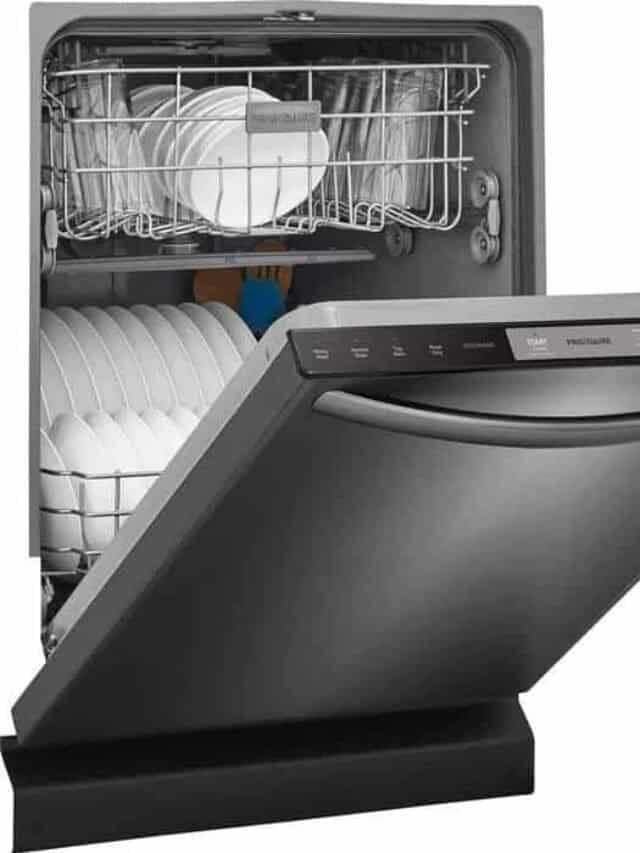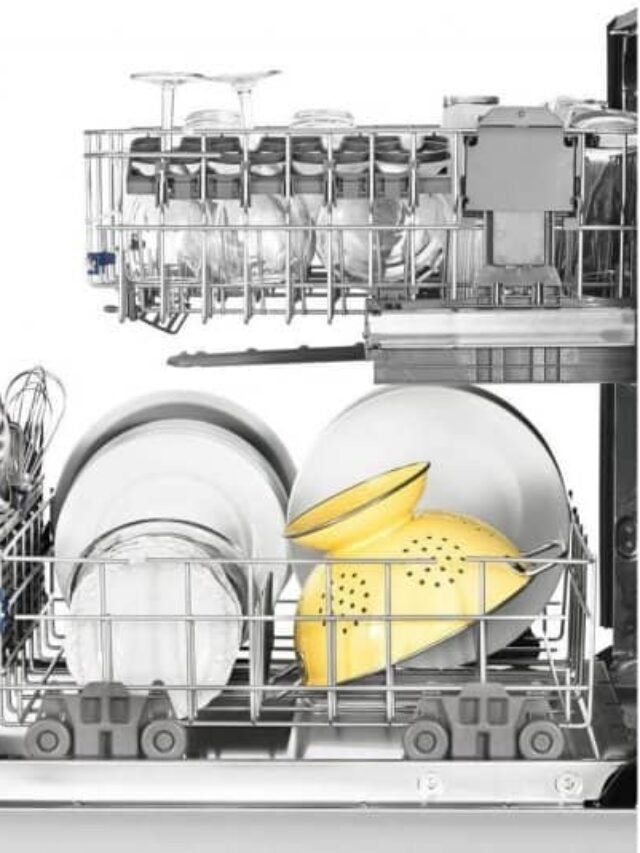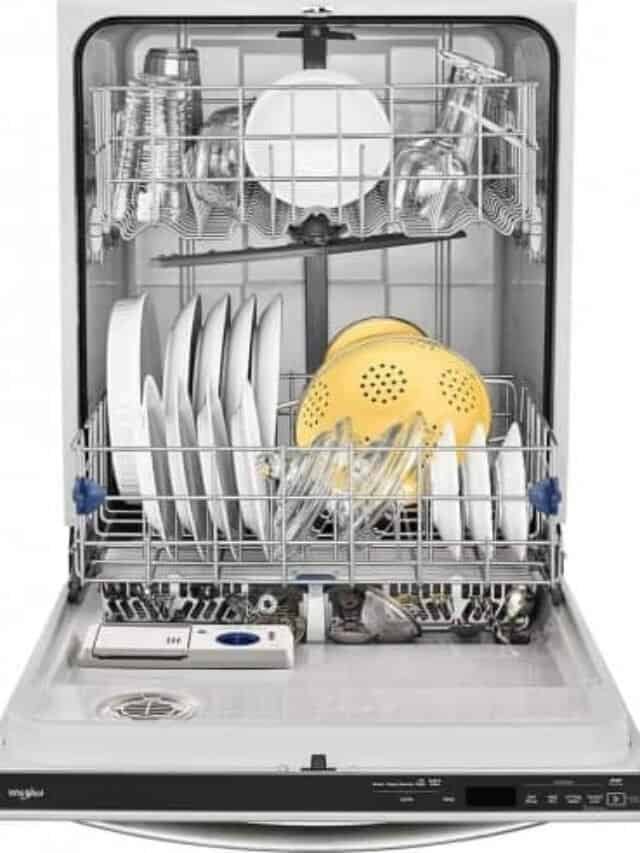In the fast-paced rhythm of modern life, dishwashers have become essential companions in our kitchens. They promise not only convenience but also sparkling clean dishes without the chore of manual scrubbing. Yet, a common question perplexes many – does a dishwasher hook up to hot or cold water? Let’s dive into the world of dishwashing to unravel this mystery.
Table of Contents
Dishwasher Basics: Behind the Kitchen Wizardry
Before we explore the temperature intricacies, let’s understand the fundamental workings of a dishwasher. A typical dishwasher comprises several components, including a pump, spray arm, detergent dispenser, and, crucially, a water inlet valve.

Hot Water Connection Advantages: Unleashing the Cleaning Power
Connecting your dishwasher to hot water brings a myriad of advantages. The higher temperature aids in efficient removal of grease and stubborn stains, contributing to a more thorough cleaning process. Additionally, hot water connections often result in shorter wash cycles, translating to energy savings.
Cold Water Connection Considerations: Weighing the Pros and Cons
While hot water provides a robust cleaning environment, cold water connections have their considerations. It’s essential to evaluate the impact on cleaning effectiveness and potential consequences, such as longer wash cycles.
Manufacturer Recommendations: Decoding the Manual Wisdom
To demystify the water temperature query, consulting the dishwasher manual is crucial. Different manufacturers may have specific recommendations based on their machine’s design and engineering.
Plumbing and Installation Factors: Navigating the Connection Maze
The decision to hook up to hot or cold water depends on existing plumbing configurations and the adaptability of your dishwasher. Understanding these factors ensures a seamless integration into your kitchen setup.

Energy Efficiency and Environmental Impact: Balancing the Scales
Beyond mere functionality, the choice between hot and cold water connections also influences energy efficiency. Hot water use can impact both your utility bills and the environment, prompting some users to opt for the greener alternative – cold water.
Common Misconceptions: Separating Fact from Fiction
Dispelling myths surrounding dishwasher water temperature is essential. We clarify the role of detergent in cleaning and address common misconceptions that may influence your decision.
User Preferences and Habits: Tailoring Dishwashing to Your Lifestyle
To add a personal touch to the decision-making process, we delve into user preferences and habits. Surveys provide insights into the factors influencing individual choices.
Troubleshooting Hot Water Issues: Keeping Your Dishwasher Happy
For those experiencing issues with hot water connections, this section provides a troubleshooting guide. Common problems and solutions are explored, emphasizing the importance of proper maintenance.
Benefits of Using Hot Water: Beyond Clean Dishes
Apart from the cleaning process, hot water brings additional benefits. It plays a crucial role in bacterial elimination, contributing to enhanced sanitation and hygiene in your kitchen.

Adapting to Different Water Supplies: A Global Perspective
Considering variations in water temperature by location, we explore ways to adapt your dishwasher to different water supplies. This section provides insights into adjustments for optimal performance.
Comparative Cost Analysis: Hot vs. Cold Water
A detailed cost analysis sheds light on the financial aspects of choosing hot or cold water connections. Energy costs associated with each option are dissected, offering a comprehensive view for the economically conscious consumer.
Consumer Tips for Optimal Dishwashing: Mastering the Art
Our penultimate section offers practical tips for maximizing dishwasher efficiency. From best practices to minimize water and energy consumption to tricks for impeccable results, these insights ensure you make the most of your kitchen companion.

Conclusion: Deciding Your Dishwasher’s Water Destiny
In conclusion, the decision to connect your dishwasher to hot or cold water is nuanced. We’ve explored the advantages, considerations, and factors influencing this choice. Armed with knowledge, you can make an informed decision aligned with your preferences and values.
Frequently Asked Questions (FAQs)
- Can I connect my dishwasher to both hot and cold water sources?
- Dishwashers typically connect to one water source, either hot or cold. Check your appliance manual for specific instructions.
- Does using hot water in my dishwasher increase my energy bills significantly?
- While hot water can contribute to higher energy bills, the impact varies. Choosing an energy-efficient dishwasher and using it wisely can mitigate costs.
- What should I do if my dishwasher isn’t cleaning well with cold water?
- Check for clogs, ensure proper detergent usage, and consider using a dishwasher cleaner. If issues persist, consult your appliance manual or a professional.
- Can I use cold water for sanitizing in my dishwasher?
- While hot water is more effective for sanitizing, many dishwashers have sanitizing features that work with cold water. Refer to your appliance manual for details.
- How often should I clean my dishwasher to maintain optimal performance?
- Regular maintenance is crucial. Clean the filter, inspect spray arms, and run a cleaning cycle using a dishwasher cleaner every few months.
